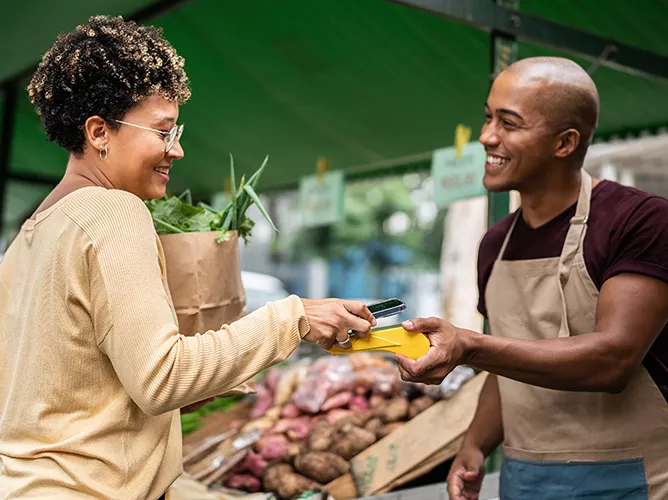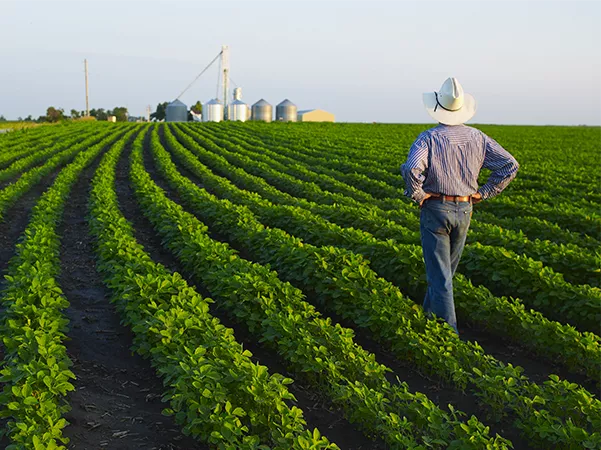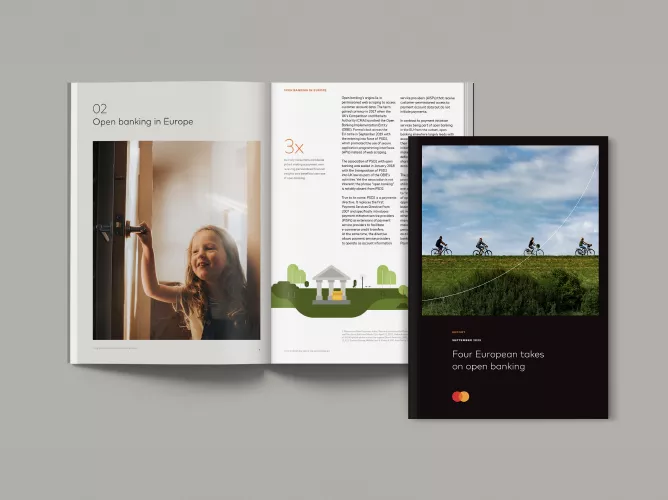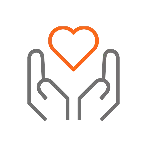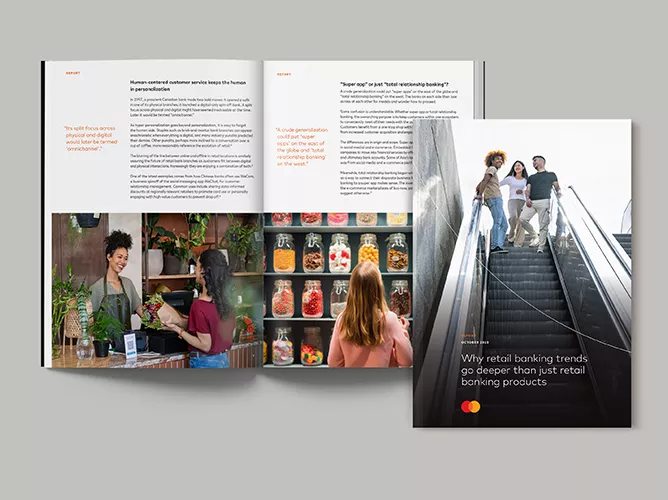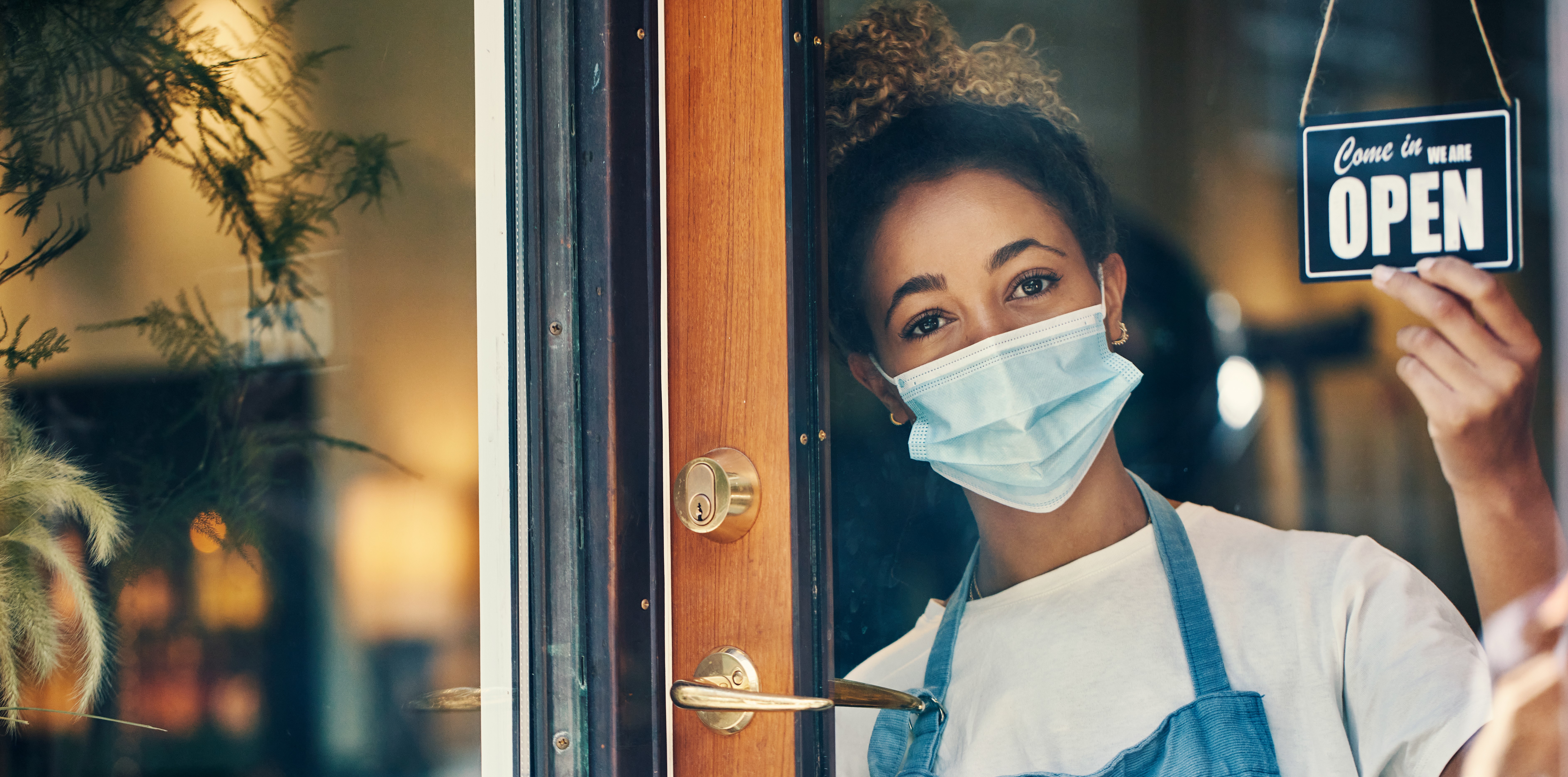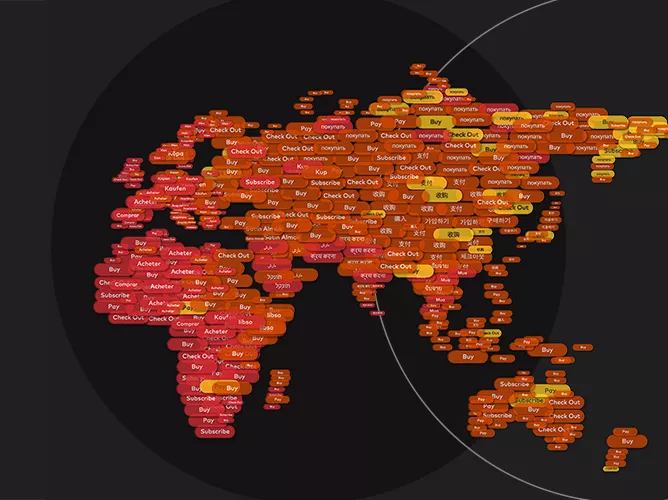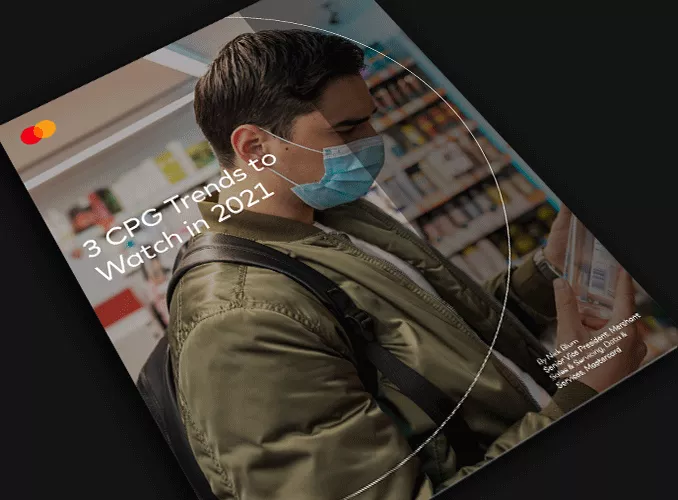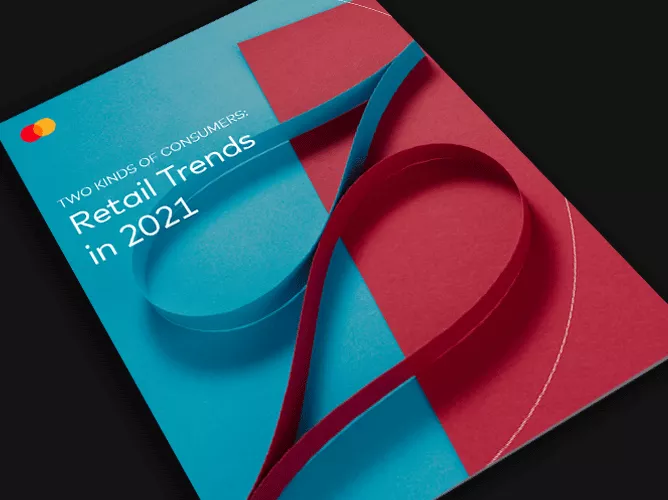3 Insightful Lessons From a Global Crisis
Do you remember life before 2020? I find myself struggling to picture my daily routine pre-Covid. So much changed in the last year for all of us professionally and personally.
As a company, we learned many lessons as we navigated through the new normal, repositioned our market approach, and helped our customers understand the changing marketplace. Here are three key takeaways that defined the past year and have long-term implications for 2021 and beyond.
Embrace Data-Driven Decision Making
There has always been a certain sense of the unknown for businesses, but the pandemic’s far-reaching implications were unprecedented, and the change to consumer behavior was practically immediate. It became apparent very quickly that preconceived notions and prior research about consumer behavior had become instantly outdated.
In April 2020, as consumers shifted their dollars online en masse, we kicked off the Recovery Insights initiative. We pulled together the experts, tools and data-driven insights to figure out what this all meant – and what we, as well as the grocers, CPG companies, airlines, banks and others, could do about it.
The answer: Second guess—and test—everything.
The projects we’ve worked on run the gamut. We’ve helped apparel brands refine their inventory to address the rise in e-commerce, grocers fine-tune store hours to give at-risk shoppers peace of mind, and governments guide services to fuel local economies. Since the initiative began, it has resulted in roughly 1,000 engagements and opportunities with businesses and governments worldwide.
Our Recovery Insights work is also helping our teams look at ways to future proof our business and deploy some of the same knowledge that we’re sharing with our customers with our senior leaders. From redeploying our concierge service to help cardholders find groceries and masks last spring to speeding up real-time insights through platforms like Daily Market Trends, this work impacts our product development strategies and strengthens our agility during such an evolving environment.
Reexamine Priorities—And Don’t Be Afraid to Pivot
As 2020 started, we focused on carefully mapped objectives for the year. But the pandemic changed everything, including our plans.
With so much shifting from day to day, it was clear that we needed to focus on helping our customers innovate new ways to interact with consumers and reimagine their products and services. And these new ideas had to be tested quickly while in market.
Many tapped into our Test & Learn solution to analyze new ideas and approaches. There are dozens of stories about their results, but one of my favorites is that of an Asian retail conglomerate with a small online presence. Almost none of its customers had shopped online with them. The company looked for ways to reach customer segments: spenders currently active online and representing 1% of all sales in the past six months; spenders once active online and representing 3% of all sales in the past six months; and spenders never active online and representing 72% of all sales in the past six months.
The three categories made up around three-quarters of the sales opportunity from only around a quarter of all consumers. The retailer segmented the consumers according to spend type and product preferences across 11 categories. This allowed the company to customize marketing outreach and ensure an efficient return on marketing investment when resources were scarce. Once consumers logged in, the retailer could further personalize offers and website content to maintain engagement and stimulate purchases.
As in-store shoppers quickly moved online, this is one of many global retailers that also had to shift—removing the line between offline and online for more integrated shopping experiences. And, for those who did it right, creating new opportunities to connect with consumers.
Know that You Can Do Well AND Do Good
Helping communities and local economies recover is critical to our communities—and our businesses.
That’s why we made our insight-driven tools available at no cost to governments and small businesses to give a timely snapshot of economic performance during this time.
Dozens of cities (including New York City, London, Barcelona, Madrid, Los Angeles and Logan City, Australia), states (Arizona) and national governments (Turespaña, Ministry of Industry, Trade and Tourism of Spain) used the tools for budget planning, aid disbursement, to understand which merchants are open for business, and prioritize support for the most impacted by the pandemic.
With local main streets being amongst the hardest hit by the pandemic, Mastercard tapped into its network, insights, technology and partnerships to deliver the resources small businesses needed to sustain their business and adapt to new ways of operating and evolving customer needs. Drawing on findings from Recovery Insights on the pandemic’s impact on consumer spending and the shift to digital, Mastercard developed the Digital Doors program for small businesses. It gives them access to e-commerce capabilities, products and educational resources to expand their online presence.
Through the program, small businesses can create e-commerce sites, start accepting online payments, receive digital readiness diagnostic scores and benchmarks against industry best practices and a digital curriculum to navigate the e-commerce space. Small businesses also had access to ShopOpenings.com to let consumers know they’re open and accepting contactless payments.
Robust data analytics lead to smarter decisions and better outcomes by helping organizations better understand the consumer, identify new opportunities, and adjust when something is not working. It’s no surprise that, in some cases, companies accomplished in days and weeks what ordinarily might have taken years.
This mission of navigating uncertainty toward recovery changed us—as individuals, as communities and as a company.
Our world is only continuing to change. Through data-driven decision-making, agility and a commitment to finding innovative ways to support the path to recovery, I feel confident in the role we can play for the betterment of our fellow businesses, governments and people.
